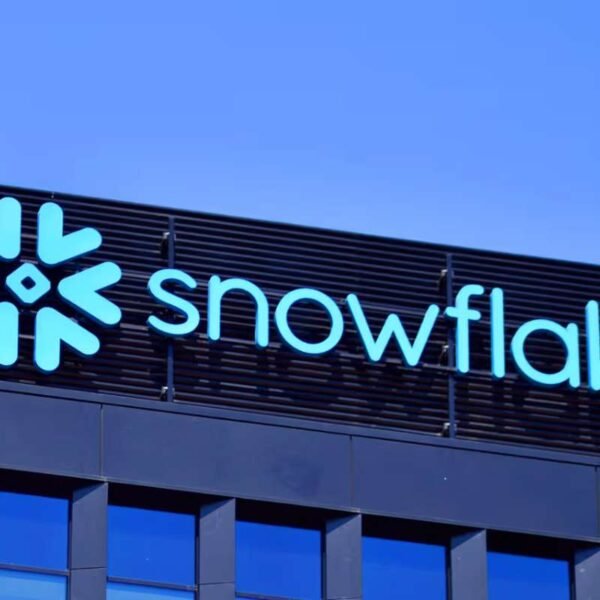Optimism on the Rise: A Post-Election Boost
Small businesses across the United States are entering the holiday season with renewed confidence, as the National Federation of Independent Business (NFIB) reported a surge in its Small Business Optimism Index. The index climbed to 101.7 in November 2024, a significant rebound from October’s 93.7. This marks the highest level since June 2021 and ends a 34-month streak of remaining below its 50-year average of 98.
The uptick in optimism is largely attributed to confidence in post-election economic policies and expectations of easing inflation. According to NFIB Chief Economist Bill Dunkelberg, the election results signaled a “major shift in economic policy,” which boosted small business owners’ outlook. The percentage of owners expecting economic improvement jumped 41 points, reaching a net 36%—the highest reading in over four years. Additionally, the percentage of owners who believe it is a good time to expand rose to a net 14%, matching levels not seen since mid-2021.
Other contributing factors include improved sales expectations, with a net 14% of business owners forecasting higher real sales volumes, and plans for capital investments rising to 28%, the strongest level since early 2022. Profitability trends also showed improvement, with 53% of businesses attributing higher profits to increased sales volumes.
Challenges Persist: Labor Shortages and Inflation Pressures
Despite the surge in Small Business Optimism, small businesses continue to grapple with significant challenges, particularly in labor quality and inflation. According to the NFIB, 19% of respondents cited labor quality as their top issue, while 20% pointed to inflation, down slightly from October’s levels.
The labor market remains tight, with 36% of business owners reporting unfilled job openings in November, a slight increase from the previous month. Among those seeking to hire, 87% stated they found few or no qualified candidates, prompting 32% of owners to raise wages in November and 28% planning additional increases in the next quarter.
Inflationary pressures also persist, with 24% of owners reporting price hikes in November, particularly in sectors like wholesale (50%), finance (46%), and retail (43%). Although credit access has tightened slightly, with 7% of owners finding their last loan harder to obtain, financing was cited as a top issue by only 5% of respondents.
Market Reactions: Mixed Performance in Equities
The positive NFIB report had minimal impact on market performance, with the iShares Russell 2000 ETF slipping 0.5% during Tuesday morning trading. However, individual stocks within the small-cap sector experienced significant movement. Cardiff Oncology, United Natural Foods, and Nerdy Inc. were among the biggest gainers, posting increases of 34.6%, 26.3%, and 18%, respectively. Conversely, CervoMed Inc., Canoo Inc., and Scilex Holding Company saw sharp declines, dropping 76%, 40%, and 13.8%, respectively.
The broader market continues to reflect mixed sentiments, even as Small Business Optimism improves. While optimism levels among small business owners are at a three-year high, sustained improvements will depend on addressing ongoing labor and inflation challenges and maintaining favorable economic policies.
As the holiday season unfolds, small businesses are poised to capitalize on their renewed confidence, but the road ahead will require navigating persistent obstacles and leveraging new opportunities.










